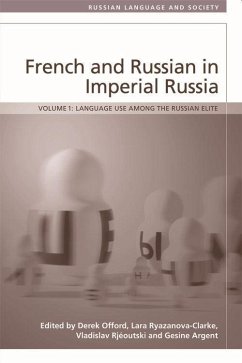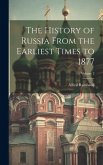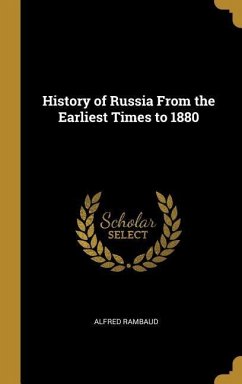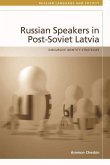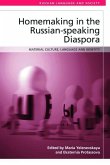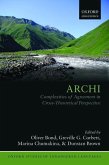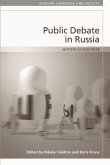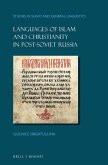Russian Language and Society Series Series Editor: Lara Ryazanova-Clarke, University of Edinburgh Books in this series examine the interrelationships between Russian language and society. As language is often a central issue within Russian culture, anthropology, history, politics and sociology, the series provides a forum for scholars across several disciplines to examine these issues and expand the field of Russian Studies. 'Making good use of the insights and theories of sociolinguists, and concerned to reconstruct both past usage and past attitudes to language, these collective volumes are a milestone in the development of the social history of language.' Peter Burke, Emmanuel College, Cambridge This is the first of two companion volumes which examine language use and language attitudes in eighteenth- and nineteenth-century Russia, focusing on the period from the Enlightenment to the age of Pushkin. Set against the background of the rapid transformation of Russia into a major European power, the two volumes of French and Russian in Imperial Russia consider the functions of multilingualism and the use of French as a prestige language among the elite, as well as the benefits of Franco-Russian bilingualism and the anxieties to which it gave rise. This first volume, Language Use among the Russian Elite, provides insight into the development of the practice of speaking and writing French at the Russian court and among the Russian nobility from the mid-eighteenth to the mid-nineteenth centuries. It examines linguistic practice, the use of French in Russia in various spheres, domains and genres, as well as the interplay between the two languages. Including examples of French lexical influence on Russian, this volume takes a sociolinguistic interest in language choice, code-switching and the degree to which the language community being observed was bilingual or diglossic. A comprehensive and original contribution to the multidisciplinary study of language, the two volumes address, from a historical viewpoint, subjects of relevance to sociolinguists (especially bilingualism and multilingualism), social and cultural historians (social and national identity, linguistic and cultural borrowing), Slavists (the relationship of Russian and Western culture) and students of the European Enlightenment, Neo-Classicism, Romanticism and cultural nationalism. Derek Offord is Research Professor in Russian at the University of Bristol and directs an AHRC-funded project on 'The History of the French Language in Russia'. Lara Ryazanova-Clarke is a Senior Lecturer in Russian and Academic Director of the Princess Dashkova Russian Centre at the University of Edinburgh. Vladislav Rjéoutski is a Research Fellow at the Deutsches Historisches Institut Moskau. Gesine Argent is a Postdoctoral Research Assistant at the University of Bristol. Cover image: from the project Artconstitution, 2003, Alexander Sigutin. Used with the permission of the artist and S.ART (Petr Vois gallery). Cover design: [EUP logo] www.euppublishing.com
Hinweis: Dieser Artikel kann nur an eine deutsche Lieferadresse ausgeliefert werden.
Hinweis: Dieser Artikel kann nur an eine deutsche Lieferadresse ausgeliefert werden.

